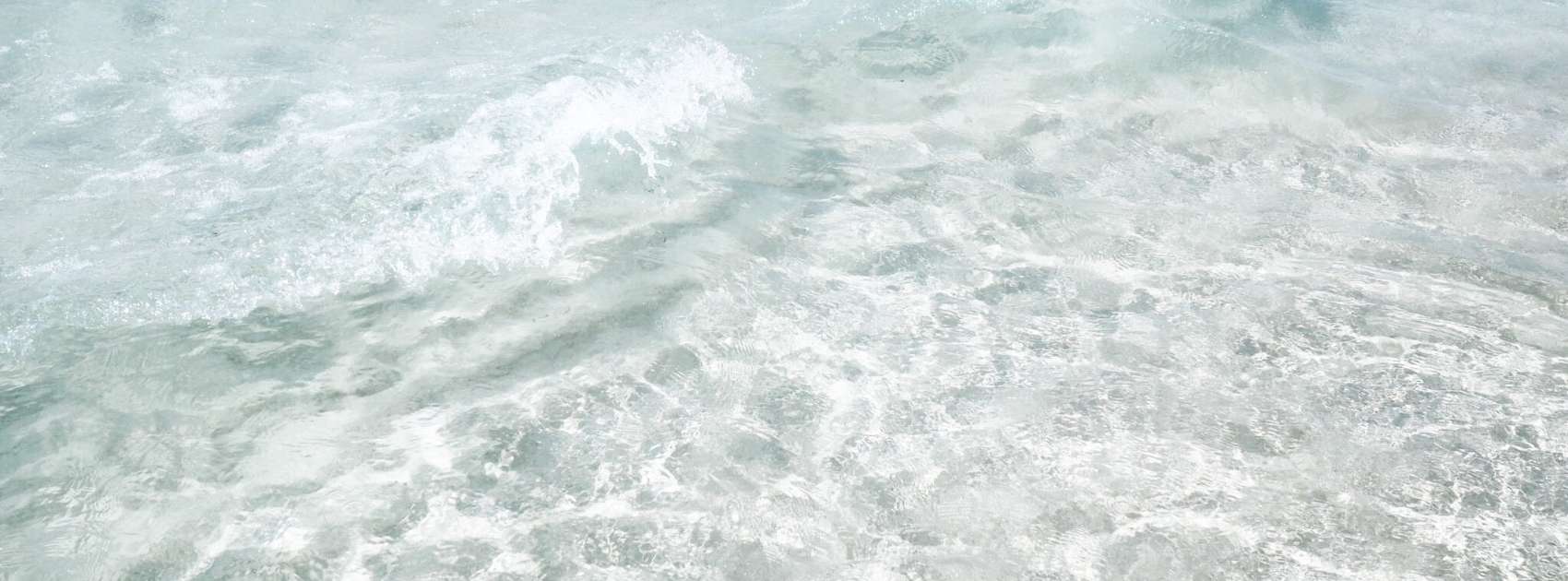Niue
Niue is a beneficiary of the Standard GSP. Total EU imports from Niue amounted to about €304,000 in 2024. Given the low export amounts, the country has not used GSP preferences in recent years.
What is the GSP?
The Standard GSP targets developing countries that are classified by the World Bank as lower or lower-middle income countries and which do not have equal preferential access to the EU market through any other arrangement. Standard GSP beneficiary countries can benefit from duty suspension for non-sensitive products as well as duty reductions for sensitive products across approximately 66% of all EU tariff lines.

1.8k (2023)
Population
Parliamentary Democracy
Government
no data
GDP Growth
no data
Inflation
no data
GDP
Facts about Niue's economy
Island Economy
Niue is a small island economy in the South Pacific Ocean. The country faces significant restrictions due its remote location, small domestic market, and limited resources. This leaves Niue largely dependent on financial support from New Zealand.
Export Products
Because of their small size - total exports are typically below €10 million - Niue's most important export products vary from year to year. In 2024, abrasive materials and coins were the two most important exports. The sale of postage stamps to foreign collectors is another important source of revenues.
Trade Partners
Niue mostly engages in regional trade, with Indonesia being the most important destination for Niue's export products.
Economic Structure
Agriculture is the main pillar of Niue's economy, particularly the cultivation of passion fruits, coconuts, pawpaw, and limes. The processing of these agricultural products is one of the few manufacturing activities in the island.
Usage of GSP Preferences
In 2024, less than 1% of Niue's exports to the EU market (worth €3,000) were eligible for reduced tariffs granted under the Standard GSP (most of Niue's exports to the EU enter tariff-free under the EU's normal tariff regime), and none of these used the preferences.
Trade with the EU
Overall trade with the EU was less than €1 million in 2024.
Niue and the EU
Imports from Niue by product section (2024, € million)
Imports from Niue over time (€ million)
NIUE AND THE EU GSP
Economic Impact
1%
Only about 1% of Niue's exports to the EU were eligible for GSP preferences in 2024.
0%
Since 2021, Niue has not made use of GSP preferences.
99%
Share of zero-duty imports from Niue in 2024. Most imports are duty-free under normal EU tariffs.
Preference utilisation and export diversification
EU imports from Niue (€ million)
Preference utilisation (%) vs. total eligible imports (in € million)
Because most EU imports from Niue are duty free under the normal tariff regime, and total imports are small, GSP-preference eligible imports are insignificant, and no preferences have been used in recent years.
The largest product sections under the GSP (€ million, 2024)
The total value of imports from Niue eligible for GSP preferences amounted to less than ten thousand euros in the year 2022 to 2024. None of these used the preferences.
SUSTAINABLE DEVELOPMENT
As a beneficiary of the Standard GSP, Niue's preferential market access is not contingent on the ratification of international conventions. Out of all 15 core conventions on human rights and labour standards listed in the GSP Regulation, Niue has only ratified the Convention on the Rights of the Child. Furthermore, Niue has ratified six of the eight listed international environmental protection conventions and two of the four listed conventions on good governance.
Core international conventions on human rights and labour standards
Ratified
- Convention on the Rights of the Child (1990)
Not Ratified
- Convention on the Prevention and Punishment of the Crime of Genocide (1948)
- International Convention on the Elimination of All Forms of Racial Discrimination (1969)
- International Covenant on Civil and Political Rights (1976)
- International Covenant on Economic Social and Cultural Rights (1976)
- Convention on the Elimination of All Forms of Discrimination Against Women (1981)
- Convention Against Torture and other Cruel, Inhuman or Degrading Treatment or Punishment (1987)
- Convention concerning Forced or Compulsory Labour, No 29 (1930)
- Convention concerning Freedom of Association and Protection of the Right to Organise, No 87 (1948)
- Convention concerning the Application of the Principles of the Right to Organise and to Bargain Collectively, No 98 (1949)
- Convention concerning Equal Remuneration of Men and Women Workers for Work of Equal Value, No 100 (1951)
- Convention concerning the Abolition of Forced Labour, No 105 (1957)
- Convention concerning Discrimination in Respect of Employment and Occupation, No 111 (1958)
- Convention concerning Minimum Age for Admission to Employment, No 138 (1973)
- Convention concerning the Prohibition and Immediate Action for the Elimination of the Worst Forms of Child Labour, No 182 (1999)
Additional Conventions
- Montreal Protocol on Substances that Deplete the Ozone Layer (1987)
- Convention on Biological Diversity (1992)
- The United Nations Framework Convention on Climate Change (1992)
- Cartagena Protocol on Biosafety (2000)
- Stockholm Convention on Persistent Organic Pollutants (2001)
- Kyoto Protocol to the United Nations Framework Convention on Climate Change (1998)
- United Nations Convention against Illicit Traffic in Narcotic Drugs and Psychotropic Substances (1988)
- United Nations Convention against Corruption (2004)
EU-Niue Bilateral Development Cooperation
DG INTPA
Access all info about EU-Pacific Islands Countries relations on the International Partnerships website.
